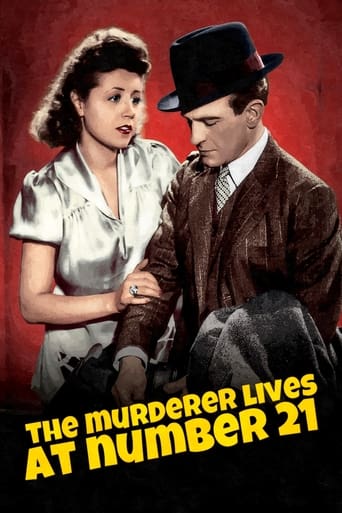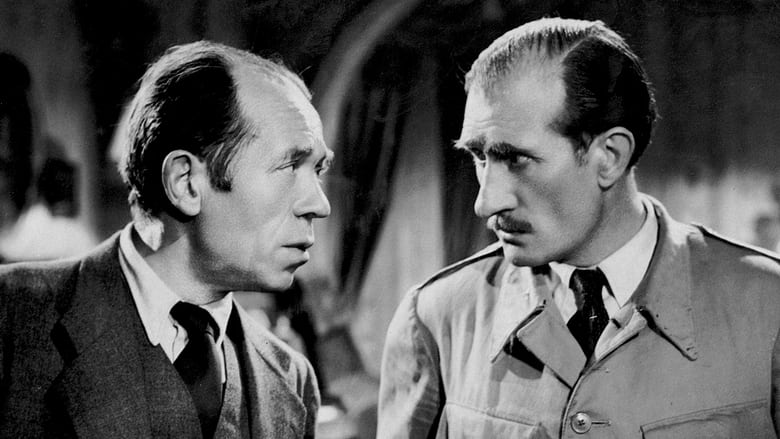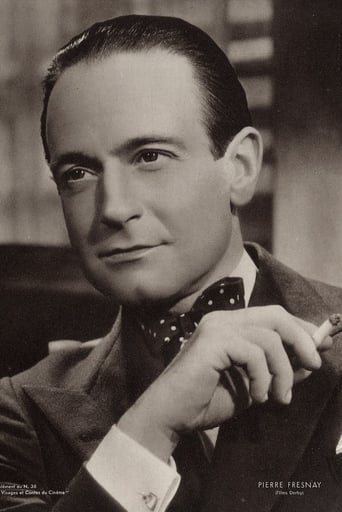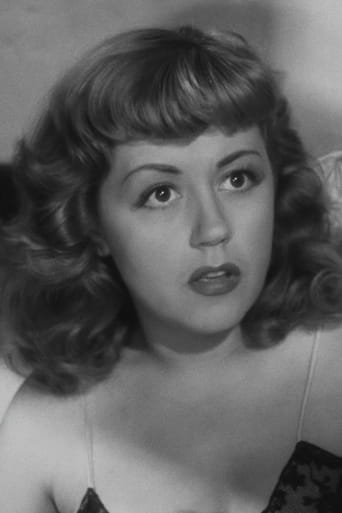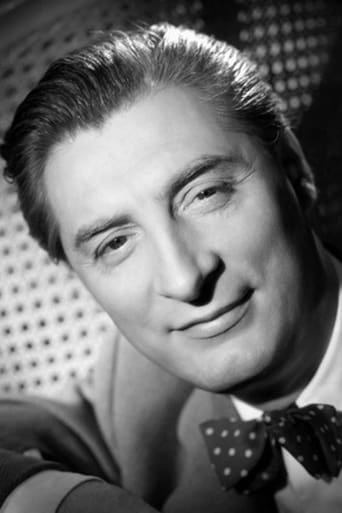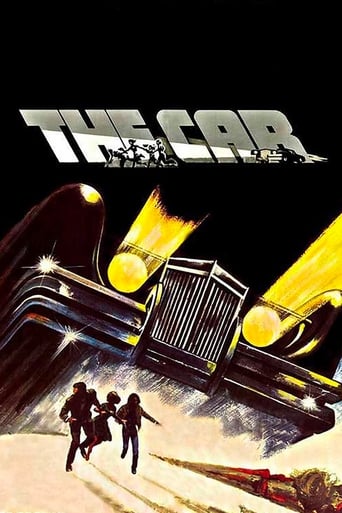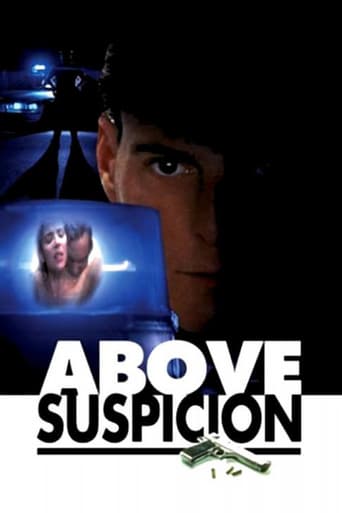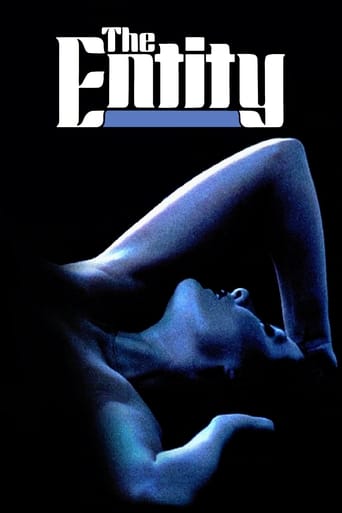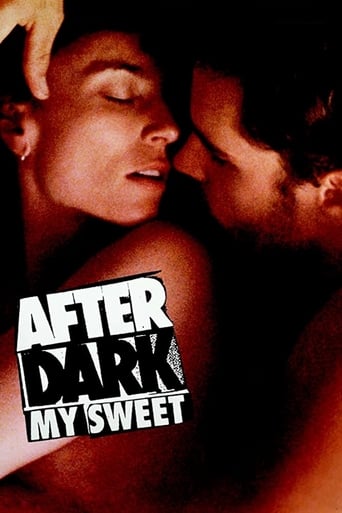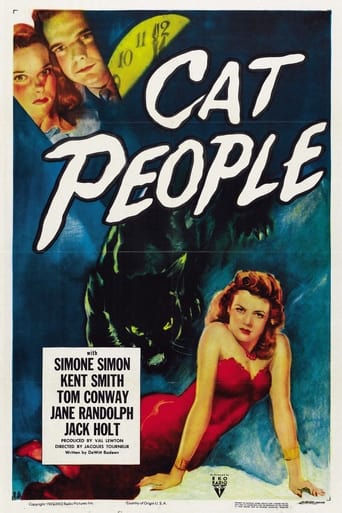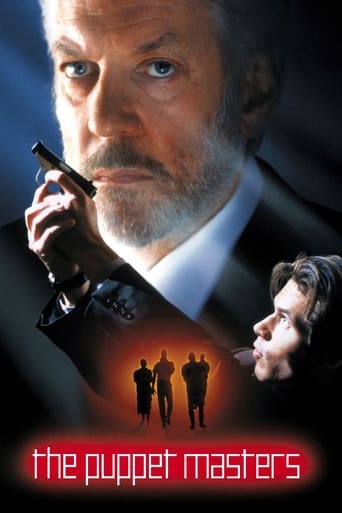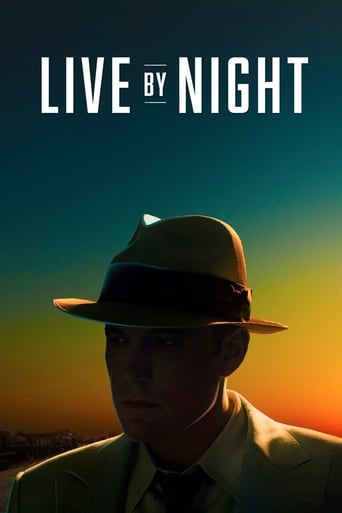The Murderer Lives at Number 21 (1947)
Paris, France. Commissaire Wens follows the lead of a ruthless murderer to an unexpected place.
Watch Trailer
Free Trial Channels
Cast


Similar titles
Reviews
Very well executed
Save your money for something good and enjoyable
The acting is good, and the firecracker script has some excellent ideas.
The movie's neither hopeful in contrived ways, nor hopeless in different contrived ways. Somehow it manages to be wonderful
Detective Pierre Fresnay (Wens) goes to stay in a boarding house in the guise of a priest in order to catch a serial killer – Mr Durand. His annoying girlfriend Suzy Delair (Mila) also checks in and we meet a cast of characters who may or may not be the killer.The film starts well with the sequence of the drunk lottery winner in the bar and the mysterious woman wanting to befriend him. We follow his story but it is pretty short-lived. It's a gripping beginning and one that draws you into the film which, at this point, looks like it is going to be an effective thriller. The next memorable scene comes when the petty criminal is sitting on the bus shelter and insulting the policeman – very funny. However, that's where the comedy should have stopped. Unfortunately, the whole film descends into a comedy/mystery and so all tension is diffused and the audience just watches without any real emotional connection. It could have been so much better.There are other pluses - the dialogue is sharp and magician Jean Tissier (Triquet) lives in an amusing room cluttered with objects that are no longer functional - and minuses – Delair's voice is annoying and on my copy, the subtitles weren't quite in sync so it helped that I understood French so as to follow who was saying what. As entertainment, the film is an OK whodunit like many others.
What a smart film this is! It took me a while to get around after the proverbial rug was pulled from under my feet towards its climax. It is a thriller, but not just that. It is a comedy, but never distracting from the overall tone. It is intelligent, but doesn't take a cheat breather at the end to cover up writing inadequacies. A policeman has to catch a serial killer in two days. He has for company an ambitious woman who is far from qualified to be in situations she intends to be in. He has a clue. And he has a set of strange people amongst whom he feels he has his target. A fabulous whodunit ensues. Add to this the beautiful language of the French in what is a fairly verbose film, and you have an absolute must- see. Along with Laura, this is one of my favourite suspense thrillers from the 40s and I definitely recommend it.
To all intents and purposes this WAS Clouzot's first directorial effort though technically he had three previous credits (one a short) in the very early thirties. The decade or so he spent writing screenplays for others to direct wasn't wasted so that when he became a hyphenate writer-director he turned out three masterpieces one after the other (L'Assassin habite au 21, Le Corbeau and Quai des Orfevres). This first entry transposes a novel set in London to Paris - presumably because the German-owned Production company Continental dictated so - creates a plum role for his then girl friend Suzy Delair and has a little fun with a popular genre. In short there is a serial killer on the loose with a penchant for leaving a calling card bearing the name M Durand at the scene of (presumably) his crimes. Attempting to get to the bottom of it is a detective who's a sort of cross between Philo Vance and Nick Charles, i.e. he lives in a plush apartment which suggests independent means a la Vance and indulges in some light banter with his girl friend a la Charles (although, of course, Nick was married to Nora). A tip leads him to a rooming house peopled by characters probably listed as 'off-the-wall' at Central Casting. The mood is gently satirical but the in-fighting amongst the police may well have been a comment on the state of a nation under Occupation as the 'everyone is guilty' solution was almost certainly an attack on the 'informer/collaborator' syndrome prevalent at the time. When viewed with Clouzot's next film, Le Corbeau, a much more 'serious' take on a similar theme - with 'poison pen' letters substituting for physical murder - the veiled comments on French society become much clearer. A great start to a great directorial career.
Henri-Georges Clouzot is generally considered cinema's master of misanthropy, with 'Le Corbeau', 'Les Diaboliques' and 'The wages of fear' standing as damning testaments to all that is mean and ugly in human nature. 'L'assassin habite au 21' may surprise fans of his work with its light, parodic tone. The assassin is M. Durand, an unseen serial killer who always leaves his calling card at the scene of the crime. Durand is not just elusive, but seems to be able to be in all places at all times. Political pressure is put on the police to get to the bottom of the case, with Inspecteur Wenceslas 'Wens' Vorobechik, a dandy living in an unexpectedly plush, Astaire and Rogers-type house, complete with maid, and live-in lover, the brash Mila Milou, a slappy Jeanette MacDonald-wannabe desperate for a job. A tip-off leads Wens to a boarding house, peopled by a rare band of eccentrics (an elderly unpublished authoress, a disgraced abortionist, a magician, an artisan, the landlady, and a bizarre butler who does animal impressions). Wens disguises himself as a pastor to try and uncover the murderer, but every time he thinks he's caught the murderer, another homicide takes place.From the very first shot, a spookily creaking door overemphasised by the music and shut be an indifferent barman, we know we're closer to the comic-fantasy crime world of Carne's 'Drole de drame' than any of Clouzot's later, bleakly inexorable classics. The pantomime aspect of the plot, with its suave killer, eccentric suspects, foppish investigator, is emphasised by the references to theatre throughout - Mila's singing; Wens' disguise; the soirees at 21; the magician's elaborate room and show (framing an excellent murder); and the final concert that provides background for the climax. Fun is also to be had in the bickering between the central lovers, and the spineless buck-passing within the police force.This last gives a clue to the film's true worth. 'L'assassin' was produced during the Nazi Occupation of France, a difficult time for Clouzot, whose next film, the savagely satiric 'Le Corbeau', was denounced by the Resistance as pro-Nazi. It might seem jarring to see comically buffoonish policemen, when we know outside the cinemas the Gestapo are out collecting fodder for concentration camps, but Clouzot manages to smuggle in darker truths. The opening murder, where the drunken lottery-winner is relentlessly stalked and finally stabbed, is shot, unedited, from the point of view of the killer, and so may be the first slasher sequence in movies; but a film where the camera has been the authority, the equivalent of the third person narrator in a novel, and the point of view has been usurped by a faceless, undefeatable killer, randomly slaughtering in a familiar environment, has obvious resonance in a France under the terror of the Nazis.Ditto the plot resolution. The narrative, albeit comically, utilises the old-fashioned puzzle format (e.g. Agatha Christie), where crime is concentrated in an artificial setting, is rooted out by a clever detective, restoring order. In Clouzot's film, it's not just a fact that every one's a suspect: every suspect is a killer. Again, in a France where good bourgeoises were informing daily on their neighbours, Clouzot's film or solution isn't very far-fetched. The 'singular' assassin of the title looked at this way is not a deception, but a finger pointed at the whole of France, just as 'Le Corbeau' would a year later.

